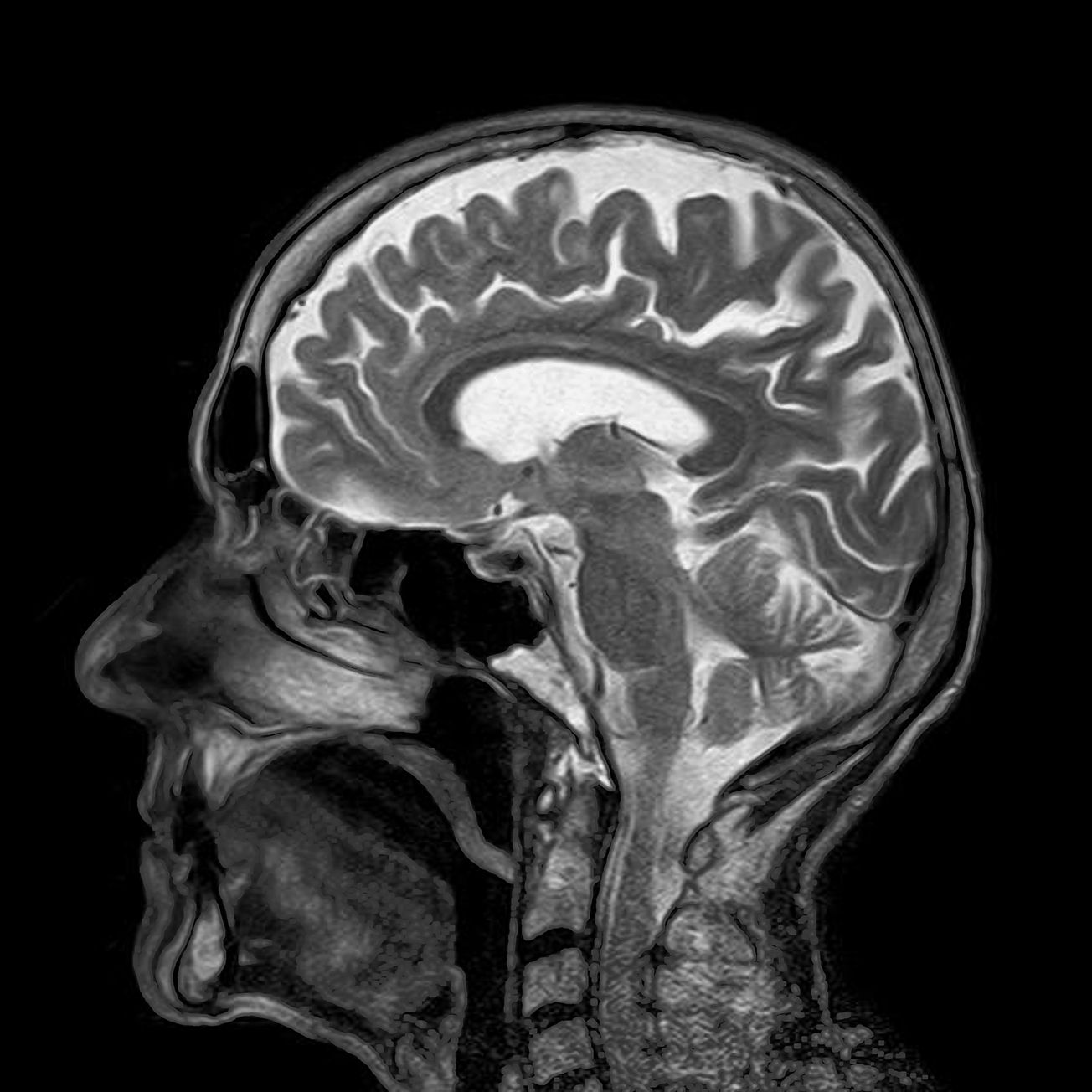By Edward Deacon, SciTech Digital Editor
In a study by researchers from the University of Bristol, memory tests have been found to be a potential ‘low-cost and quick to administer screening tool’ that could be used to identify Alzheimer’s disease.
Memory tests were performed on 46 cognitively healthy older people with an average age of 70.7 years and involved having to remember a word list 30 minutes and four weeks after the list was initially read to them.
The study was performed over one year and found the memory of 15 of the 46 participants declined over the year, and that cognitive decline was better predicted by the verbal memory tests than the clinical gold standard of memory tests.
This conclusion was supported by MRI brain scans performed in conjunction to the tests and were also used to identify the size of the region of the brain responsible for long-term memory – the hippocampus – which is damaged by Alzheimer’s.
Research Associate Dr Alfie Wearn (from the Bristol Medical School: Translational Health Sciences) explains that testing long-term memory recall ‘could speed up the development of effective Alzheimer’s disease therapies and enable earlier treatment’.
Treating Alzheimer’s in a way that slows or stunts its development will be most effective at its earliest stages before serious memory problems arise. For instance, Alzheimer’s is the leading cause of dementia. This makes the memory tests of great benefit, as they could allow treatment to begin on patients well in advance of any significant problems detectable via current testing methods.
None of the participants in the study developed Alzheimer’s, however ‘some people did show the type of change over the course of a year in memory and thinking that can precede Alzheimer’s disease’, co-author Dr Liz Coulthard explained.
Researchers develop an evolutionary theory for the universal stress response
Bristol University’s micro-bots could change the face of medicine
‘Future work will establish whether this test predicts full-blown Alzheimer’s dementia.’
Going forward, researchers will seek to understand whether the memory tests are specifically identifying cognitive decline from Alzheimer’s or other disorders. Long-term memory test scores will be compared between people with and without evidence of Alzheimer’s to identify this.
Featured Image: Pixabay / toubibe
Read the full study here









